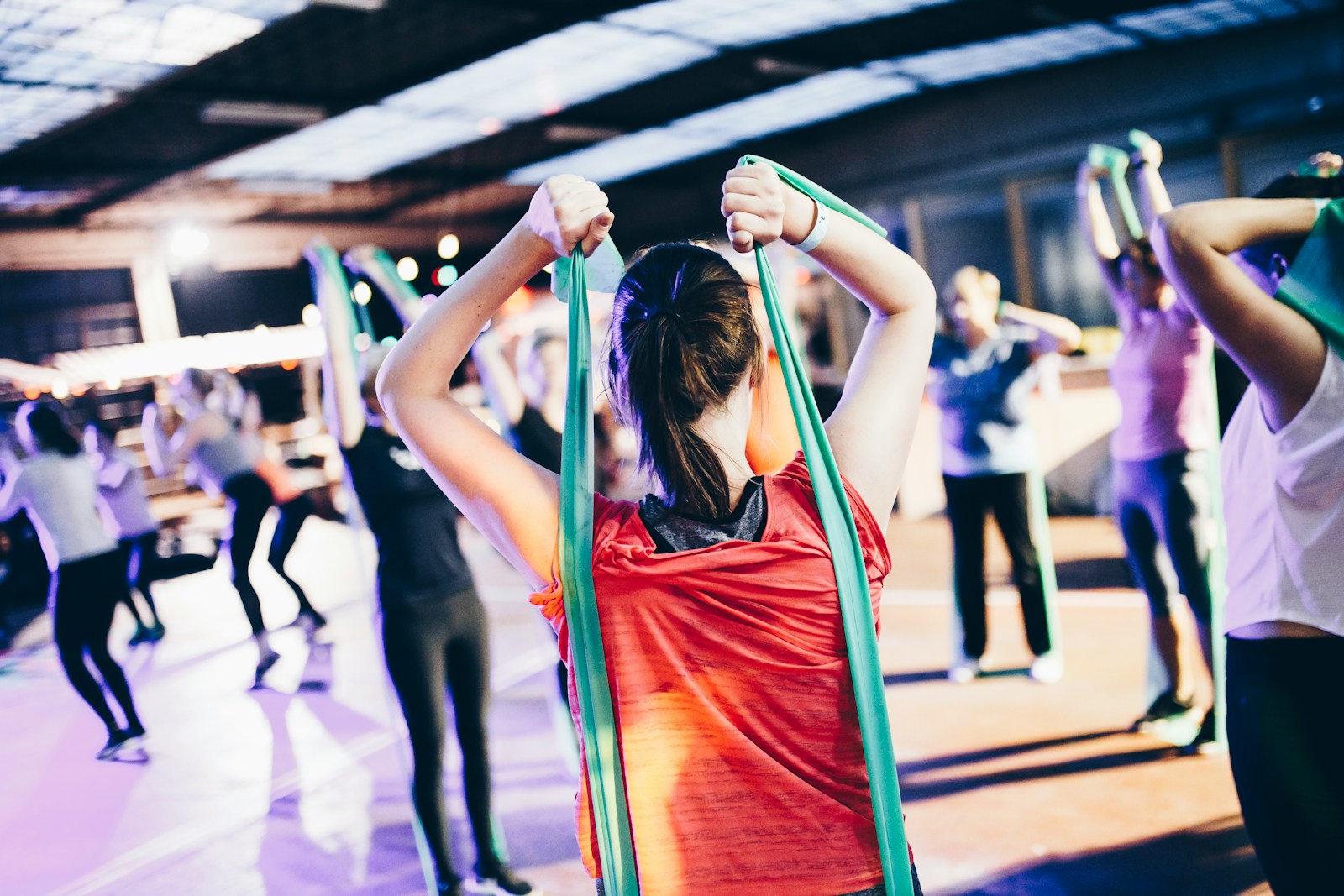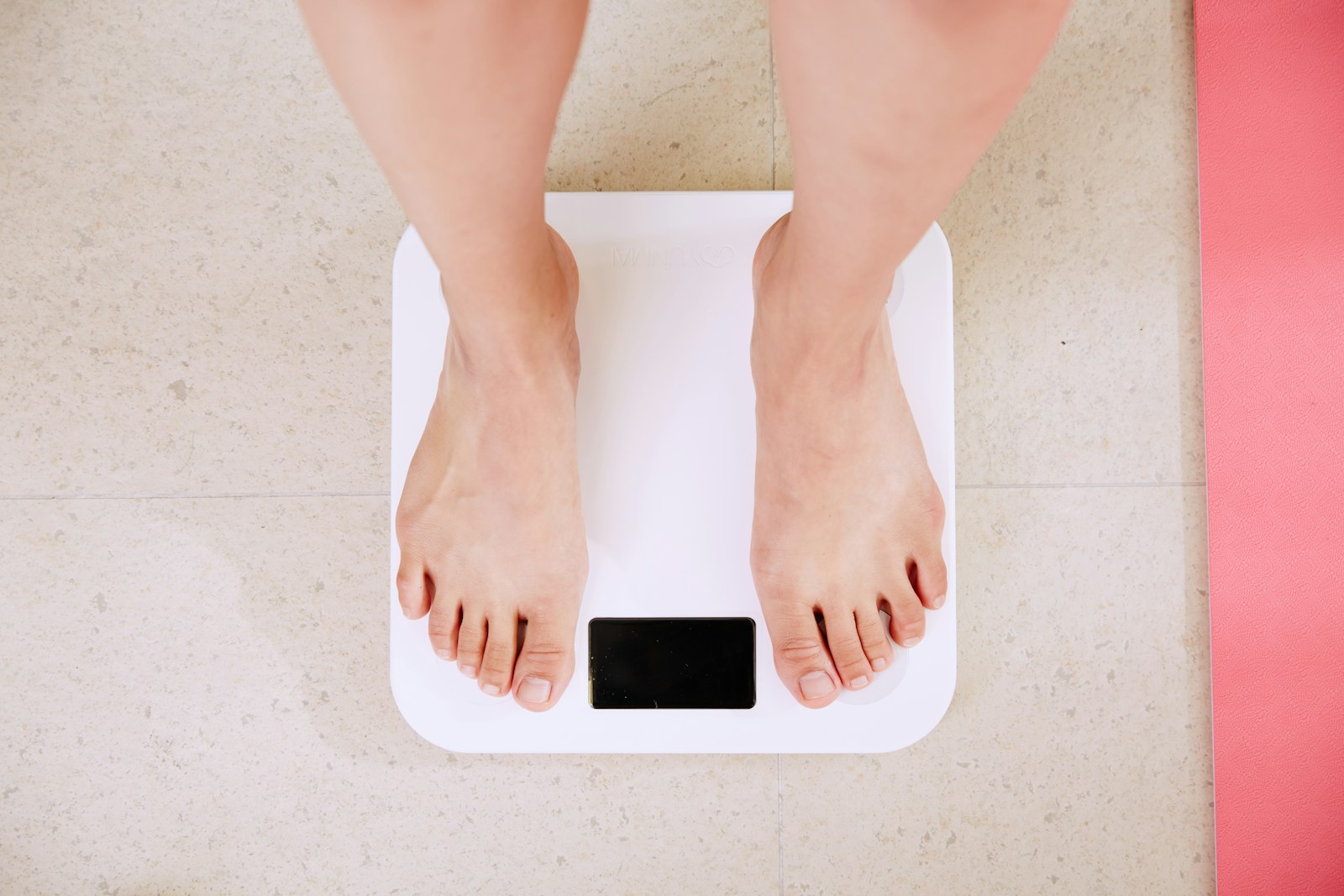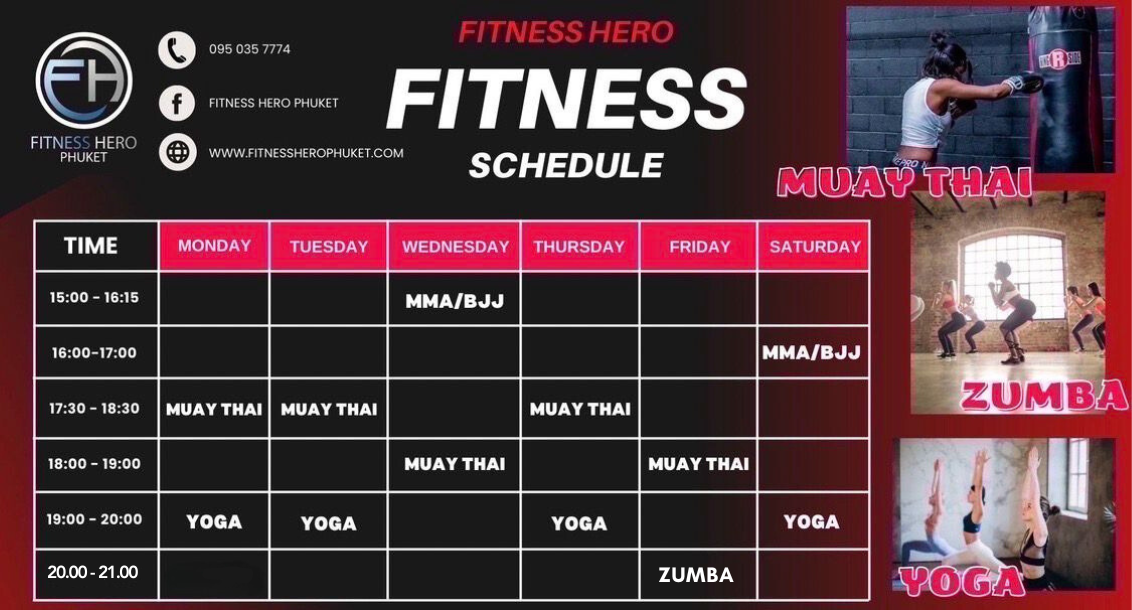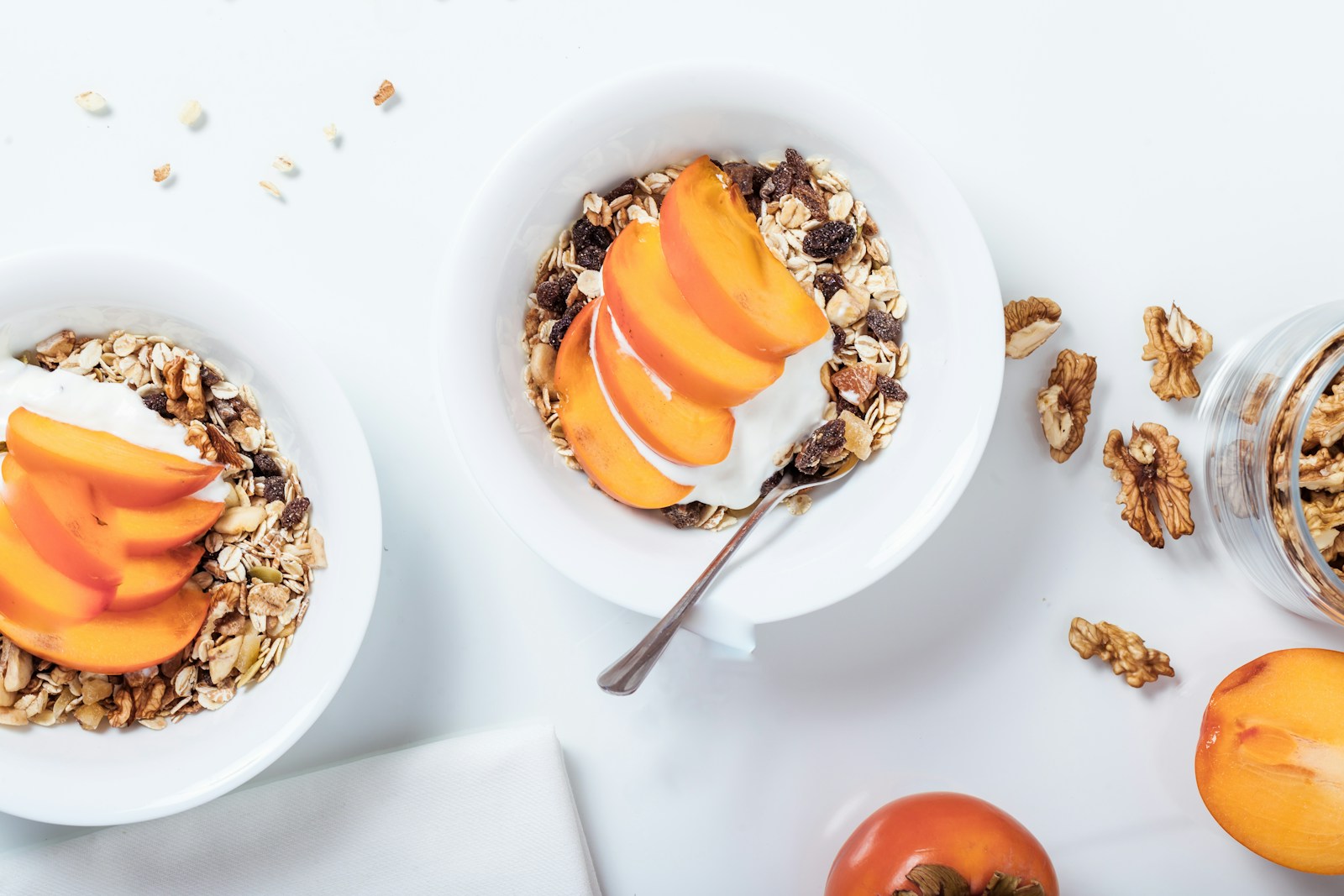The impact of physical exercise on emotional state and overall well-being is widely recognized by science. Regular physical activity is directly linked to improved mood, relief from anxiety, and a reduction in stress and depression. According to John Donn, a technical director at Fitness Company, “Continuous exercise positively influences mental health, providing a sense of well-being due to the release of neurotransmitters and hormones that help regulate mood.”
Biological Mechanisms Connecting Exercise and Mental Health
Several biological mechanisms explain this connection. Regular exercise stimulates the release of substances like serotonin, dopamine, and endorphins—known as the “happiness hormones.” John Donn emphasizes that “these substances are crucial for regulating mood, providing feelings of pleasure and overall well-being.” Additionally, exercise can influence the hypothalamic-pituitary-adrenal (HPA) axis, helping to reduce levels of cortisol, the stress hormone.
Which Exercises Are Most Effective for Mental Health?
While all types of exercise can be beneficial, John highlights that “aerobic activities, strength training, yoga, outdoor exercises, and low-impact workouts tend to be the most effective in reducing symptoms of depression, anxiety, and stress.” The choice of exercise should take personal preferences into account, as enjoyment in the practice is essential for maintaining consistency and, consequently, long-term psychological benefits.
Consistency and Intensity: The Key to Success
Consistency is fundamental to maximizing the mental health benefits of exercise. “Maintaining a regular practice, even with moderate activities, already brings significant gains,” states John. Intensity also plays a role but should be adjusted according to each individual’s capacity. More intense activities may offer extra benefits, but it is the balance between frequency, intensity, and enjoyment that truly generates lasting results.
Practical Tips for Beginners
If the goal is to improve mental health, getting started can be the hardest but most important step. John suggests, “Begin with small goals, such as walking for 10 minutes each day, and gradually progress.” He also recommends incorporating exercise into daily routines, such as parking farther away or taking stretching breaks. Moreover, “finding a workout partner can make the activity more enjoyable and ensure greater commitment,” emphasizes the director.
These practical guidelines can help anyone initiate and maintain a healthy habit, reaping the physical and emotional benefits of exercise. As John concludes, “Celebrate every small achievement, as this is what makes exercise an essential part of a balanced life.”









